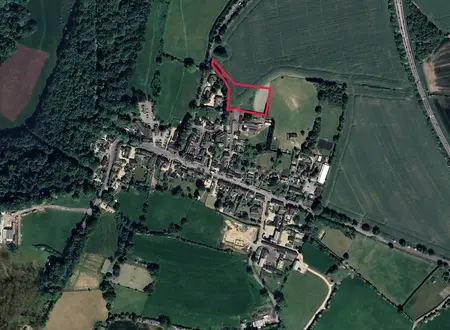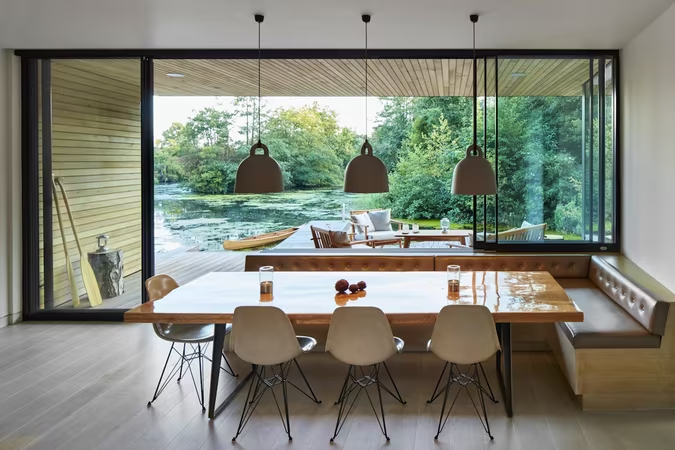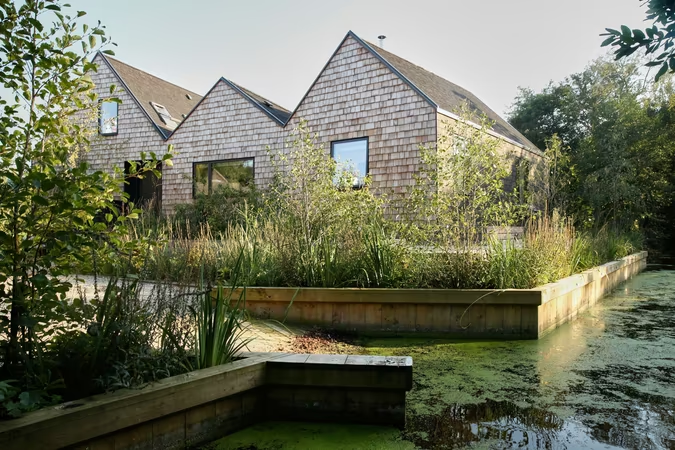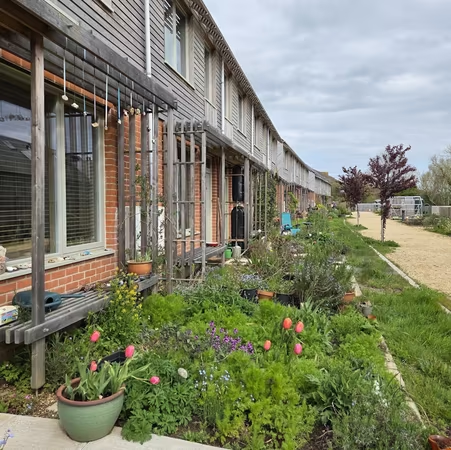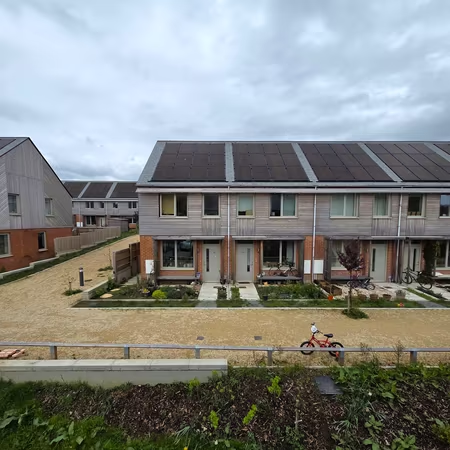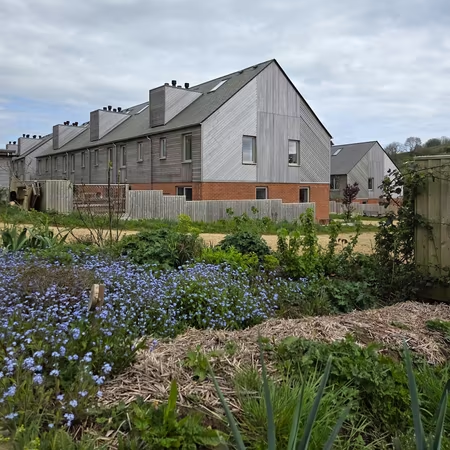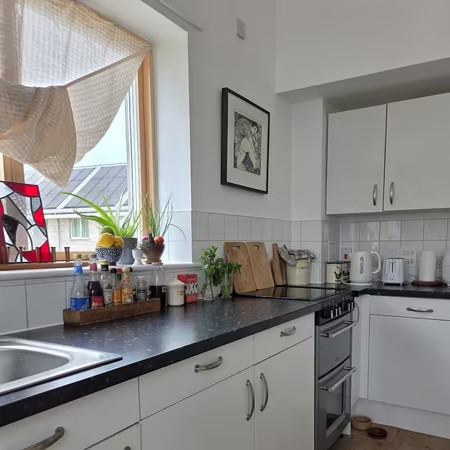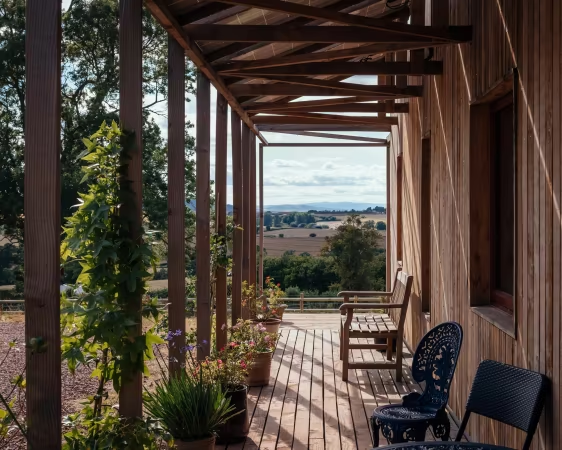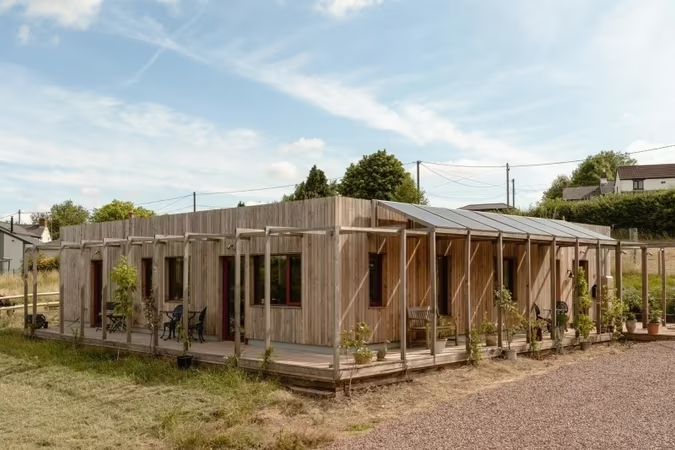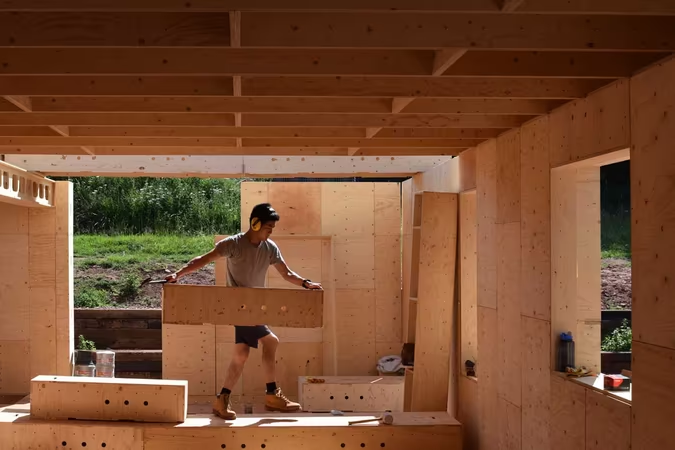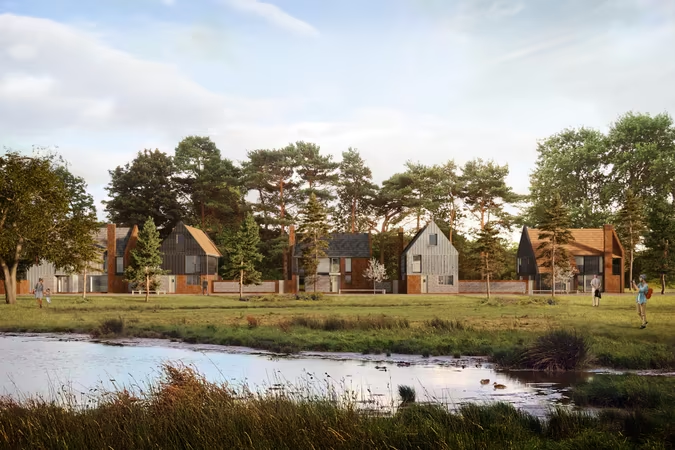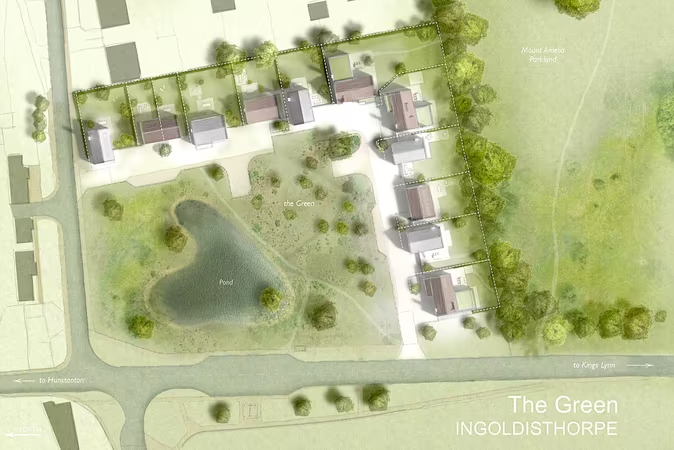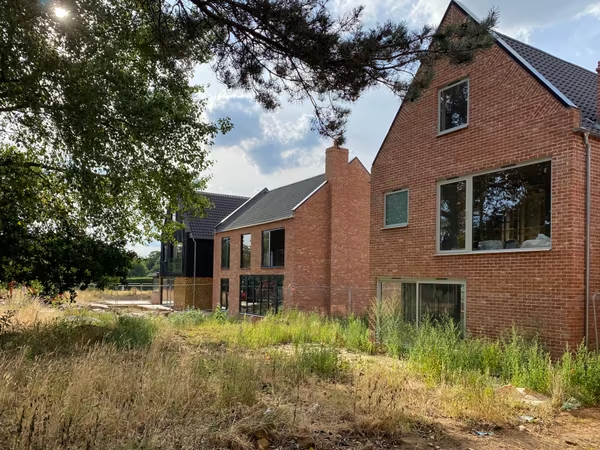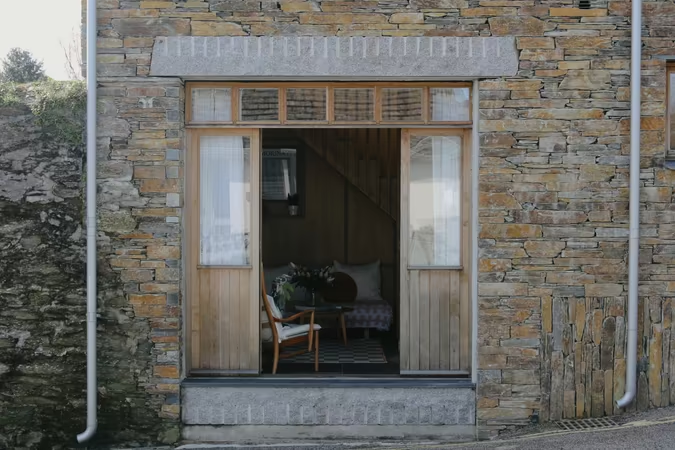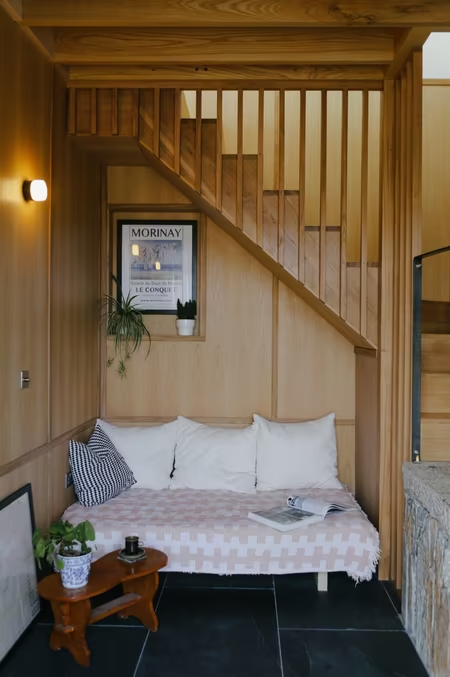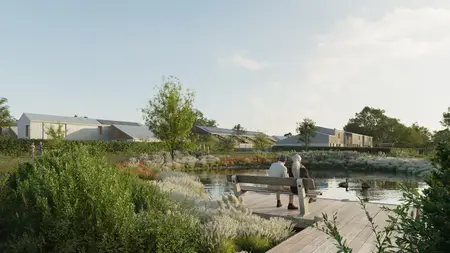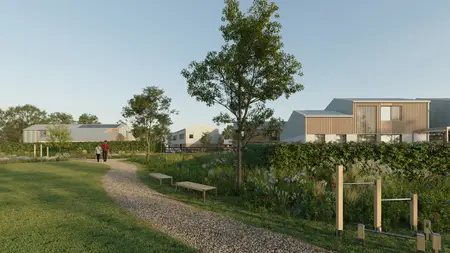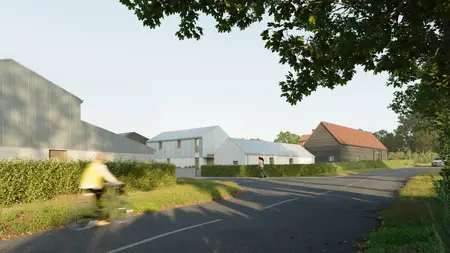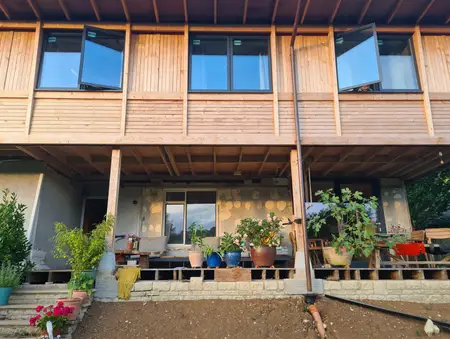Find the plots, people, and possibilities turning your area into a place for self-build homes.
Discover self build land for sale, browse plots at planning, and register your interest to be first in line when serviced plots launch. Whether you're looking for a rural retreat or a town centre plot, start your self build journey here.
What is Self Build?
Self build is where you organise the design and construction of your own home. In the UK, the Self-build and Custom Housebuilding Act 2015 requires local authorities to maintain registers and grant suitable planning permissions to meet demand for self build plots.
Self builders can save 20-30% compared to buying an equivalent home, benefit from zero VAT on new builds, and create a home tailored exactly to their needs.
Calculate your self build costs →How to Find a Self Build Plot
- 1Search by location – Use our search to find plots in your preferred local authority or browse popular self build areas.
- 2Browse plots at planning – View plots with planning permission in progress or already secured.
- 3Register your interest – Get priority access when serviced plots become available.
- 4Plan your budget – Use our cost calculator to understand total project costs.
Trusted by UK Self-Build Community
As seen in leading UK publications covering self-build and property development

For Self-Builders
Self-Build Plots Currently at Planning
Browse available self-build plots with planning permission secured or in progress. Register interest for exclusive early access to new opportunities.
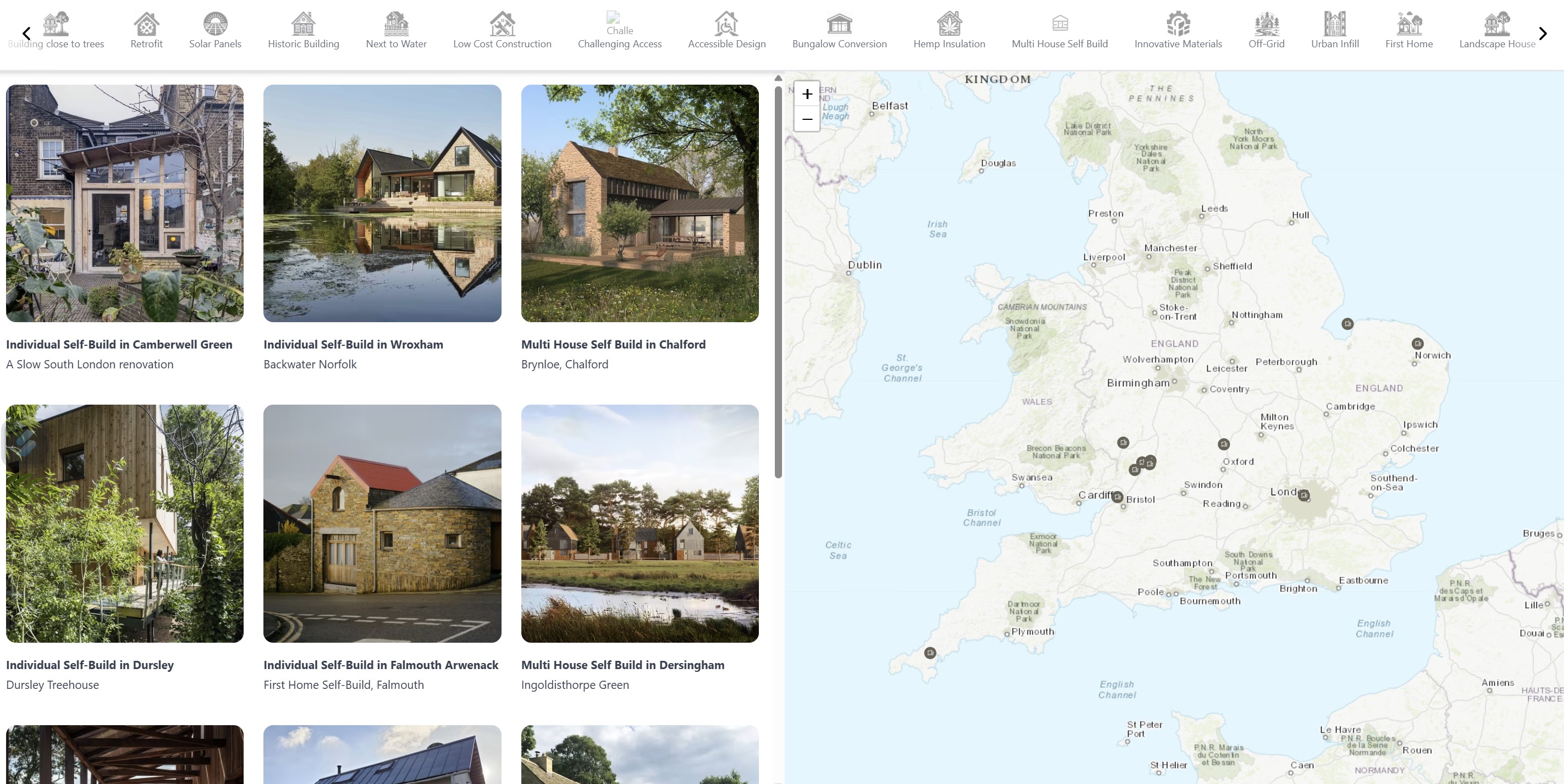
For Self-Builders
Find Self-Build Architects
Connect with vetted architects specializing in custom homes and self-build projects. Find professionals experienced with planning regulations and sustainable design.
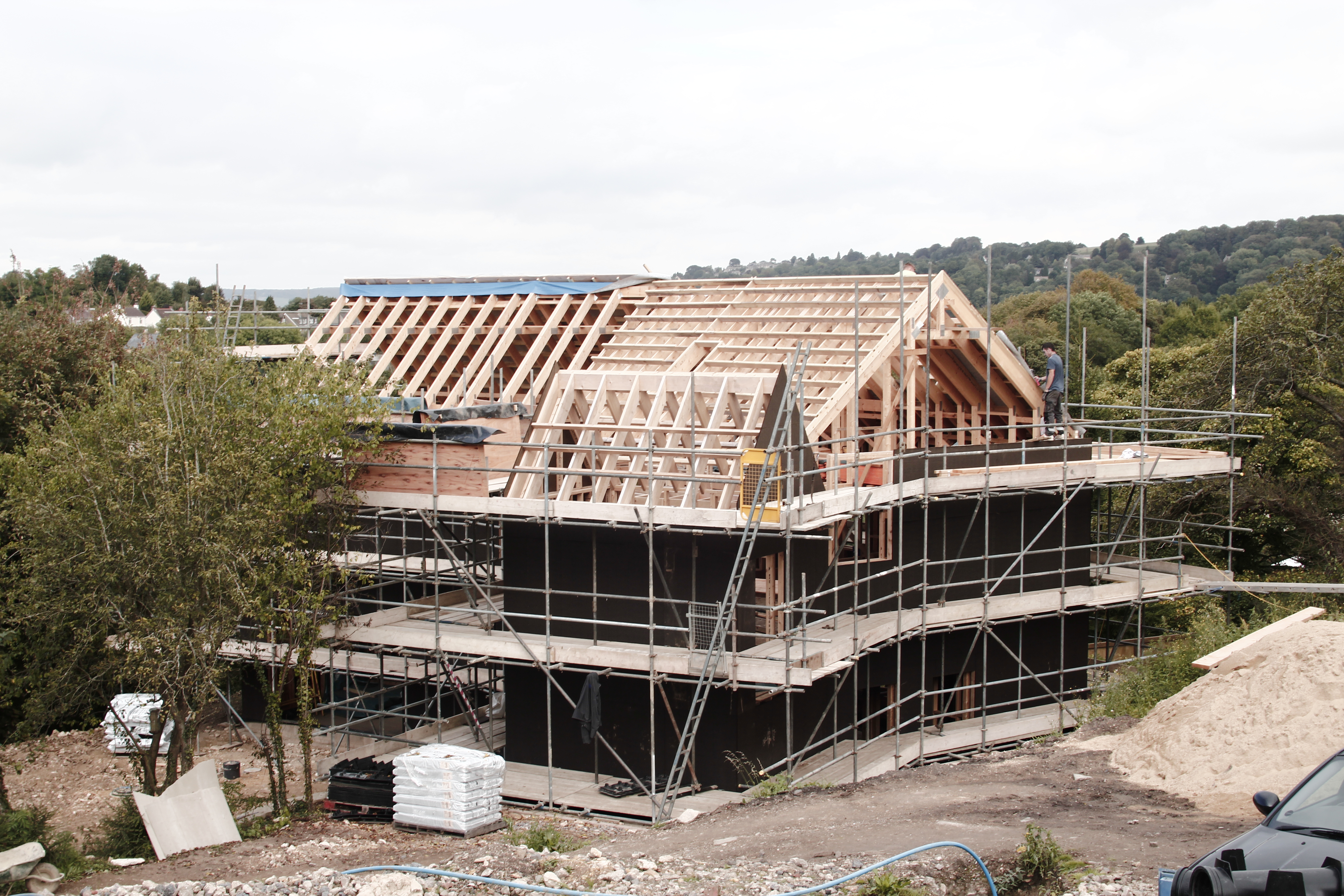
For Landowners
Free Land Assessment
Get a professional assessment of your land's self-build potential. We specialize in securing planning permission for self-build projects, significantly improving your chances of approval.
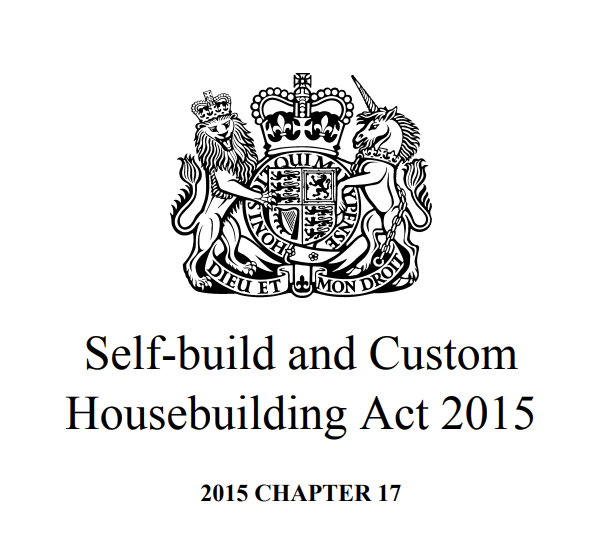
Planning Guidance
Self-Build Rights & Registers
Understand your legal rights under self-build legislation. Learn how local authority registers work and how to use them to your advantage.
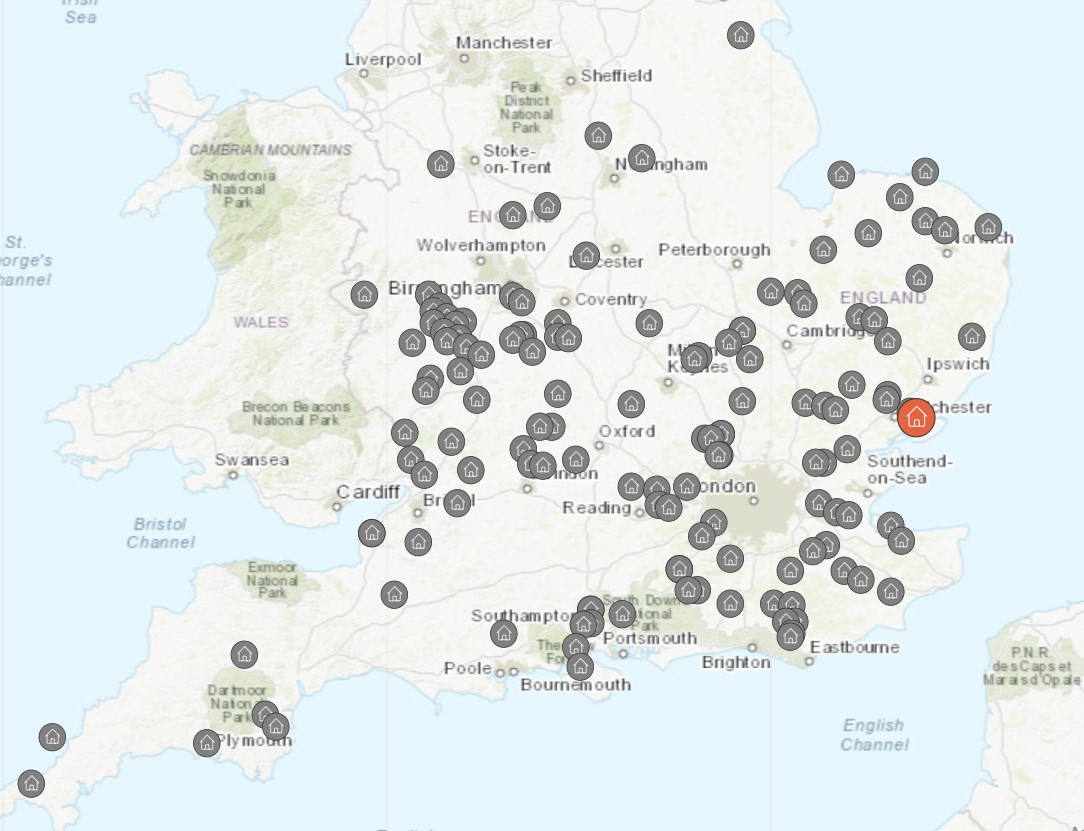
Planning Guidance
Winning Self-Build Appeals
Interactive map of successful self-build planning appeals across England. Learn winning strategies and strengthen your planning applications.
UK Self-Build Guides & Expert Insights
Calculate Your Self-Build Costs
Use our free self-build cost calculator to estimate your project budget, including build costs, professional fees, utilities, VAT, and more.
Open Cost CalculatorBuilding-your-own-home: FAQs
Everything you need to know about self build homes
self build is where you directly organise the design and construction of your new home. Custom build is where a developer helps with the process while you retain control over design and specification. Both are supported by the self build and Custom Housebuilding Act 2015, which requires local authorities to maintain registers and provide suitable development permissions.
Livedin specialises in sourcing self build plots with planning permission or strong planning prospects. We work with landowners to secure planning permission and provide serviced plots ready for self builders. You can browse available plots on our platform or register your interest for specific areas.
Yes, you need planning permission for self build homes. The self build and Custom Housebuilding Act 2015 provides strong policy support for self build development, requiring local authorities to maintain registers and grant suitable permissions to meet demand. We help navigate the planning system and can assist with applications.
self build offers numerous advantages: complete design control, higher build quality, better energy efficiency, potential cost savings of 20-30%, and the satisfaction of creating your dream home. self builders also benefit from zero VAT on new builds and can often achieve higher property values than equivalent market homes.
self build costs typically range from £1,900-£3,000+ per square metre depending on specification. A typical 4-bedroom house might cost £200k-£500k+ to build. Key costs include land purchase, planning fees, building costs, and professional fees. We provide cost guidance and connect you with trusted contractors who understand local building regulations.
Yes, several lenders offer self build mortgages that release funds in stages as construction progresses. These typically require 20-30% deposit and higher interest rates than standard mortgages. We can connect you with mortgage advisers specialising in self build finance to find the best rates and terms.
Local authorities maintain self build registers under the self build and Custom Housebuilding Act 2015. Registration helps councils understand local demand and is required to demonstrate need for self build permissions. While not mandatory for individuals, registration strengthens planning applications and helps councils meet their legal duties to support self build.
The self build process typically takes 18-36 months from start to finish. This includes 3-6 months for planning permission, 2-4 months for building regulations approval, and 6-12 months construction time. We help streamline the process by providing plots with planning permission already secured, significantly reducing timeframes.
Livedin provides comprehensive self build support: we source plots with planning permission, connect you with trusted architects and contractors. Our goal is to make self build accessible and stress-free.
Livedin operates across England, with particular focus on rural village and town locations. We continuously expand our coverage and work with landowners nationwide to create new self build opportunities.
Start Your Self Build Journey Today
Find self build plots in your area, register interest in sites at planning, and get notified when new opportunities become available. It's free to browse and register.


